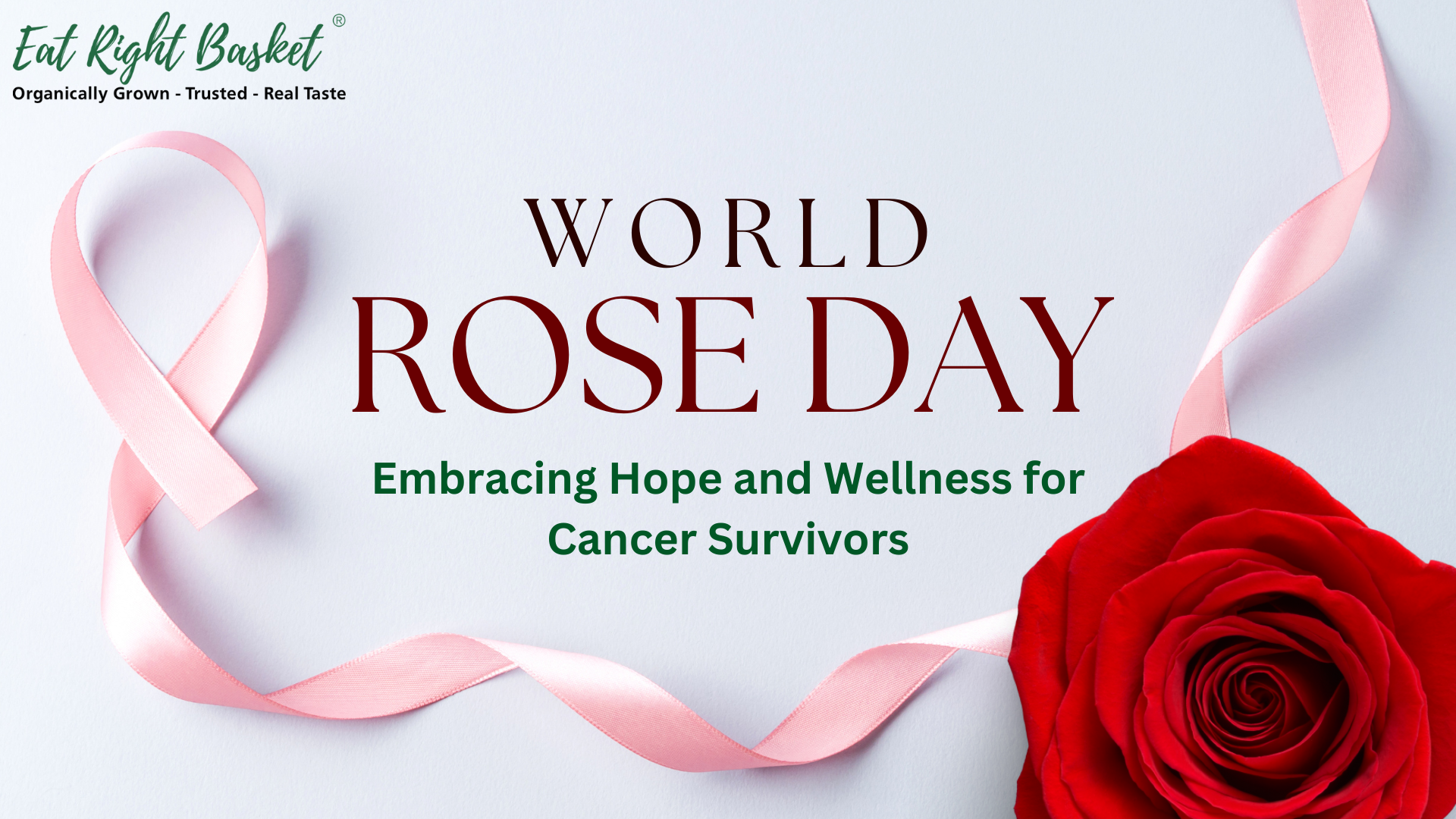22nd September is observed as World Rose Day, a poignant reminder of the resilience and courage of cancer patients worldwide. As we show solidarity with those affected, let’s delve into the status of cancer globally and explore crucial factors influencing its prevalence. Cancer Worldwide: An Alarming Reality Cancer claims over 10 million lives annually, with 18 million new cases reported in 2020 alone (WHO). The disease disproportionately affects low- and middle-income countries, accounting for 65% of cancer deaths. The most common types – breast, lung, colon, prostate, and skin cancer – underscore the need for comprehensive prevention strategies. The Hidden Dangers: Chemicals and Pesticides Exposure to harmful chemicals and pesticides significantly contributes to escalating number of cancer incidences: 1. Pesticide residues: Direct and indirect exposure to pesticide and weedicide contaminated food and water increase cancer risk, especially for agricultural workers and communities. 2. Synthetic fertilizers: Chemical runoff in soil and water harms human health and the environment including all living beings dependant on these resources. 3. Toxic household products: Chemical-laden cleaning supplies and personal care items exacerbate this exposure in many ways. Transforming to Organic and chemical free lifestyle: A Preventive Approach Adopting organic food choices and lifestyle habits can mitigate cancer risk: 1. Phytochemicals: Organic produce rich in antioxidants and fiber helps combat cancer cells. 2. Lower pesticide exposure: Organic farming methods reduce residue levels, safeguarding consumer health. 3. Healthy soil, healthy people: Sustainable agriculture promotes ecosystem balance and well-being for all living beings and nature. What can we do: On World Rose Day, let’s reaffirm our commitment to cancer prevention: 1. Choose organic: Prioritize locally sourced, chemical-free produce. 2. Support sustainable agriculture: Encourage eco-friendly farming practices. 3. Raise awareness: Educate others on cancer prevention through lifestyle changes. 4. Empathize and support: Offer love, care, and resources to cancer survivors and their families. As we honour the strength of cancer patients, let’s collectively strive for a healthier, chemical-free world. By embracing organic living and advocating for change, we can reduce cancer’s devastating impact. Resources: – World Health Organization (WHO) – International Agency for Research on Cancer (IARC) – Organic Farming Association (OFA) Share your thoughts: How do you promote cancer prevention in your daily life? Let’s inspire positive change together!


